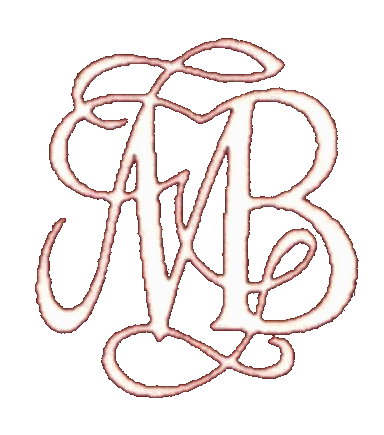MUSICA BRITANNICA RECORDING AWARD
The Musica Britannica Trust awards grants annually to support the production of high-quality recordings of repertory included within the edition.
The fund provides subventions to assist with the costs of recording projects focusing wholly or substantially on music from Musica Britannica editions. Grants may be used to cover any activity that contributes directly to the project’s recording costs, including, but not limited to: venue and equipment hire, employment of musicians and technicians, and post-production processing, but applications must be submitted before the recording process has begun.
The award was launched in 2023. More information about grants awarded in previous years can be found here:
List of grants awarded in previous years
The Musica Britannica Trust is now accepting applications for the 2026 Recording Award. The trustees welcome proposals seeking individual grants of up to £2,000. A total of £2,000 has been made available for this year.
Applications must be submitted by email to the Secretary to the Musica Britannica Trust, Christopher Scobie (secretary@musicabritannica.org.uk), using the application form. The deadline for receipt of applications is 5.00 p.m. on 13 March 2026. The trustees aim to notify applicants of the outcome of their application by mid-April 2026.
Applicants are encouraged to read the Information and Regulations carefully before applying. If you have further questions or are unsure whether your project is eligible, please contact the Secretary (secretary@musicabritannica.org.uk).
INFORMATION AND REGULATIONS
- The recording must consist wholly or substantially of music performed from Musica Britannica editions. A list of volumes can be found here.
- In order to be eligible, applicants must bear some direct responsibility for the financing and/or management of the recording project. The applicant will therefore normally be the ensemble director or manager, or one of the principal performers.
- Both audio and video recordings are eligible for consideration.
- Funds are not available for performances that contribute towards the assessment of an undergraduate or postgraduate degree.
- Applicants and ensembles/companies are eligible to receive funding from the Trust only once every two years. This regulation applies to ensembles/companies regardless of the individual named in the application.
- The trustees of Musica Britannica wish to encourage interpretations of music from its editions that are informed and considered. Applicants are therefore asked as part of the application process to explain and justify the stylistic approach they propose to take in the recording.
- Retrospective applications are not eligible and applications must be submitted before the recording process has begun.
- Recordings should normally be made within two years of the awarding of a grant.
- Grants awarded are maximum amounts and are normally paid up to the maximum on production of receipts or other firm evidence of expenditure for the purposes for which the grant was awarded.
- As a condition of the awarding of a grant, awardees are required to do the following:
- Submit a short post-award report of no more than 200 words outlining the outcome of the project and how it was facilitated by the award. This will be used by the Trust for publicity and for website and/or social media content.
- Ensure that the Musica Britannica logo, together with the following phrase, are included prominently in the recording notes and any marketing material produced to promote the recording: ‘This recording is supported by an award from the Musica Britannica Trust’. An electronic copy of the logo will be provided to successful applicants.
- Send a complimentary copy of the completed recording (in electronic or physical format) to the Secretary to the Trustees upon its release.
The Trust makes awards at its absolute discretion, and its decisions are final. Applications will be assessed by members of the Editorial Committee against the following criteria.
- Quality of Proposed Recording Project 1.1. Artistic and/or scholarly importance of the recording project and its likely contribution to the field
- Value for Money 2.1. Appropriateness of resources requested (i.e. extent to which those resources are needed in order to complete the project)
- References 3.1. Extent to which application is supported by referees
1.2. Strength of stated vision for interpreting the repertory (including stylistic approach)
1.3. Strength of links to Musica Britannica
1.4. Ability of the applicant and ensemble/company to carry out the research (i.e. are they well qualified to achieve the stated aims of the project and to produce a high-quality recording?)
1.5. Suitability and practicality of plans for recording
2.2. Appropriateness of sums requested (i.e. evidence for economic and accurate costings)
2.3. Likely artistic value of project recording in relation to sum requested

